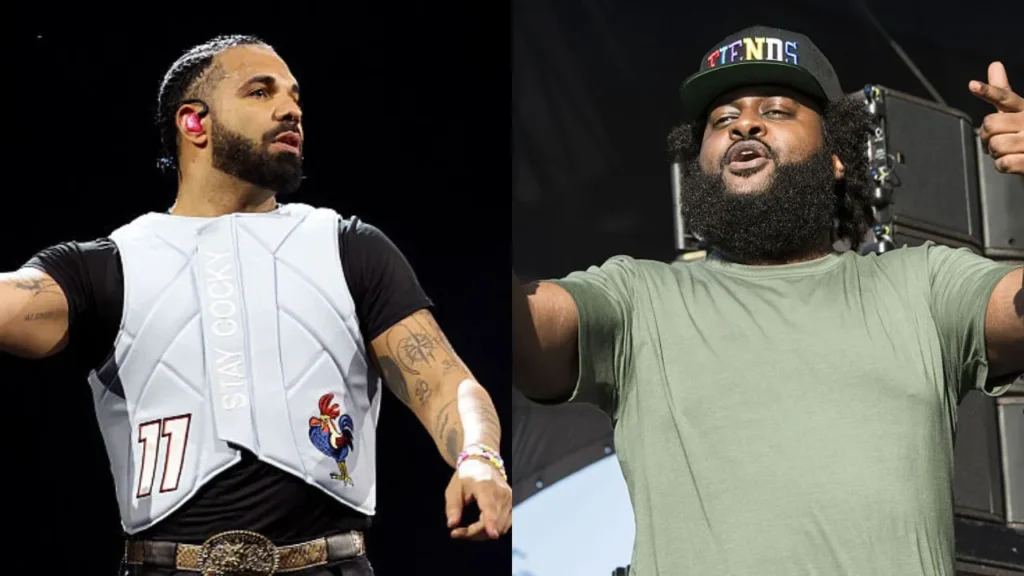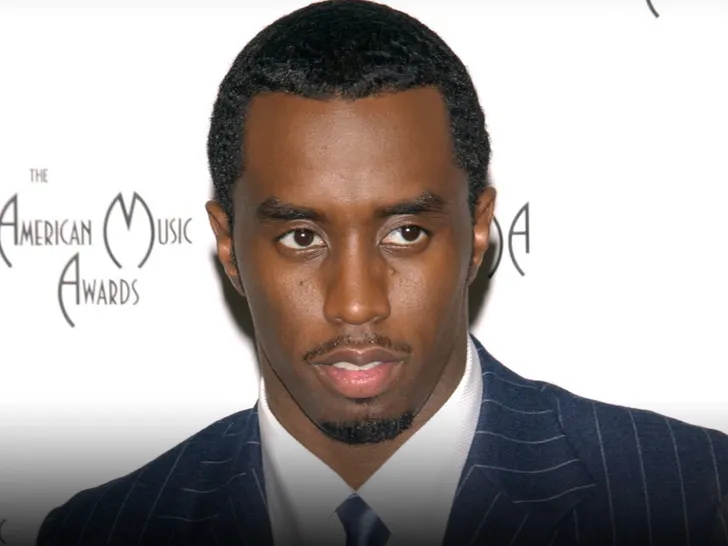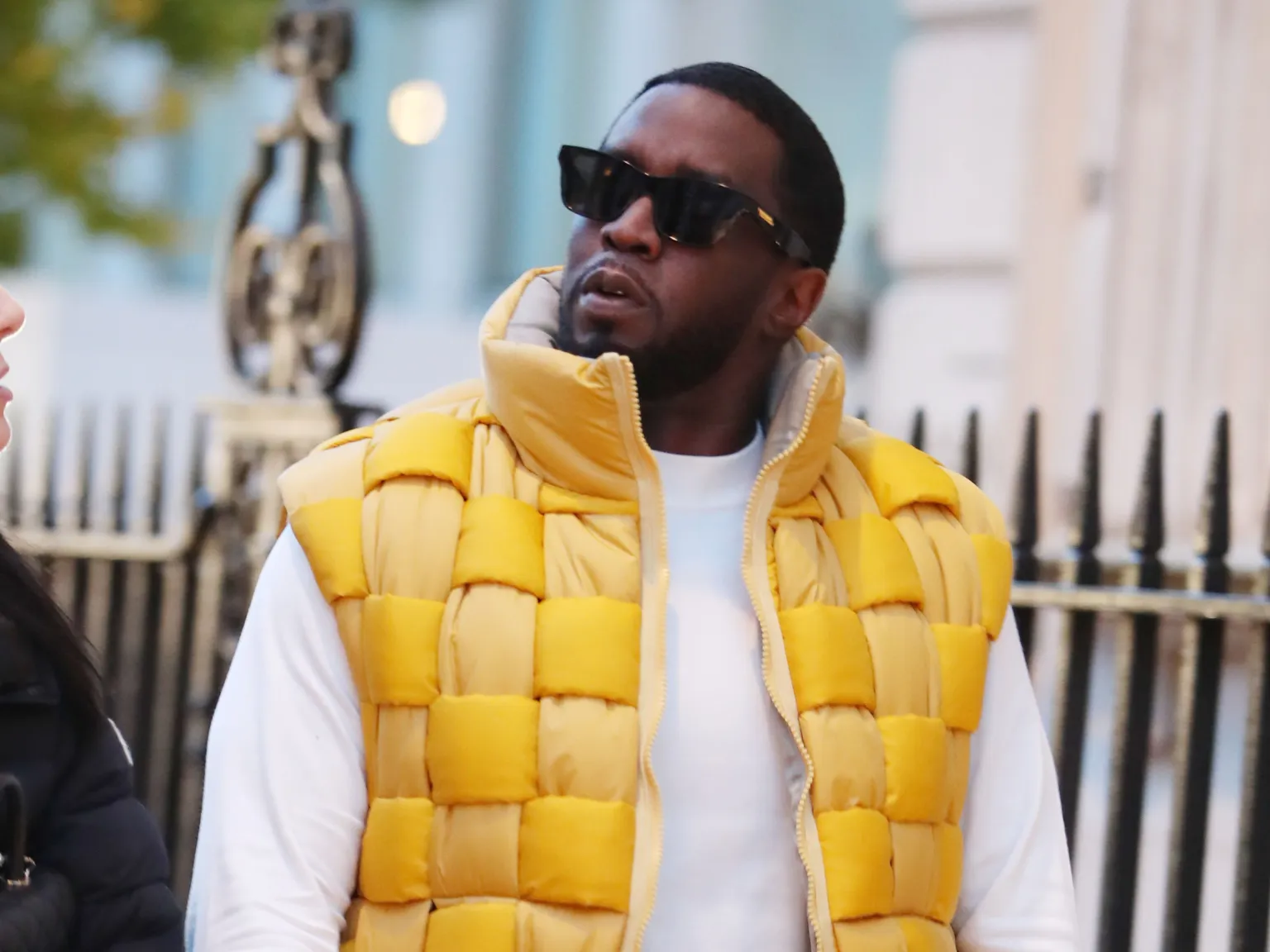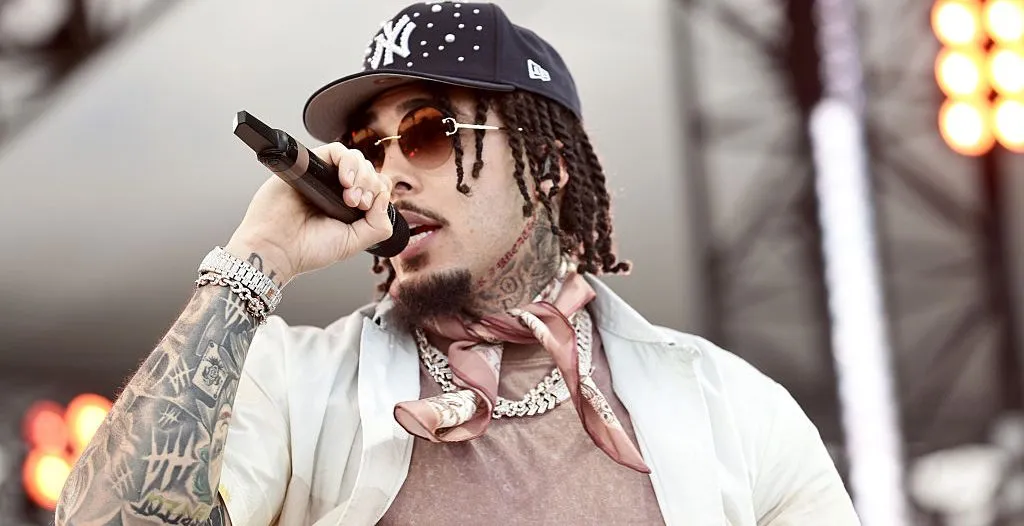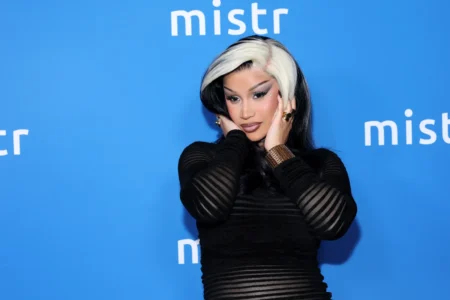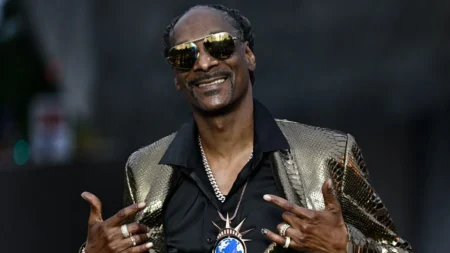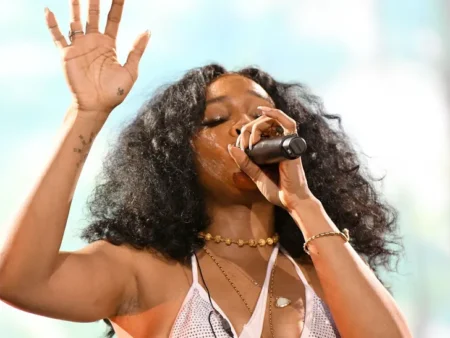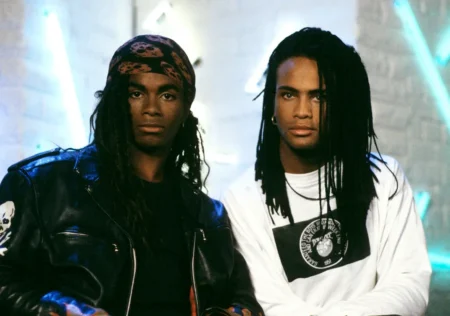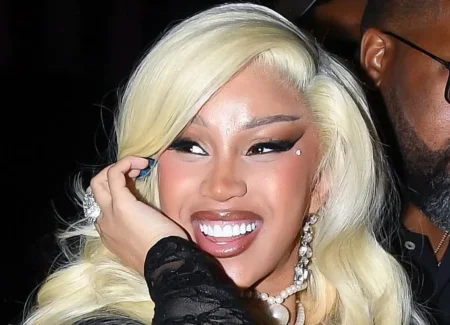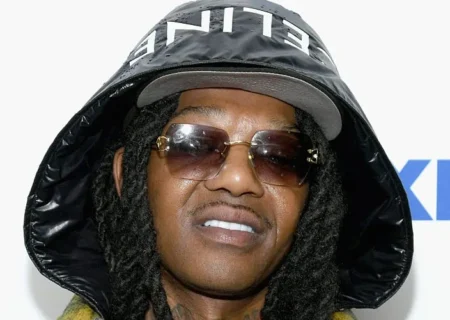Dreamville’s Bas is not here for the Drake slander—and he’s making that loud and clear.
Earlier this week, the rapper came to Drake’s defense after veteran radio host Ebro Darden suggested that Drake and his fans don’t really love hip-hop. The comments were made during an episode of Rap Life Review on Apple Music, where Darden reflected on his complicated relationship with the “Nokia” rapper—and his massive following.
According to Darden, Drake’s stans care more about him as a person than the culture of hip-hop itself.
“You’re just fans of an individual,” Ebro said, describing what he views as a disconnect between Drake and true hip-hop culture.
“We are having hip-hop conversations about something that has literally saved our lives, put food on people’s plates, and a culture that has been inclusive of all different types of ideas, and music, and expression—for f*cking 50 years.”
Needless to say, the comment didn’t sit right with a lot of people—including Bas.
🎯 Bas: “Drake Is One of the Most Inclusive Artists Ever”
Shortly after Ebro posted a clip of the conversation to Instagram, Bas pulled up in the comments with his own two cents—and he didn’t hold back.
“My two cents, Ebro,” Bas wrote. “Drake is among the most, if not the most, inclusive of artists [in] our culture.”
And he didn’t stop there.
The Dreamville lyricist listed a long roster of genres and movements that Drake has helped spotlight over the past decade, from dancehall to afrobeats, R&B, reggaeton, and even underground hip-hop acts.
“He’s pushed countless rappers to the forefront… older artists, newer artists,” Bas continued.
“I don’t get this ‘culture’ narrative that’s persisted since the battle. If it’s the Canadian thing… Toronto [is] an hour flight from NYC lol.”
🧠 Culture Wars: What’s Really Behind the Ebro vs. Drake Tension?
Ebro’s comments echo a long-running criticism that Drake has faced for years—being labeled a “culture vulture” or accused of blending in with genres to stay hot, without being a “real” member of the communities he taps into.
The criticisms reached a boiling point after Drake’s rap battle with Kendrick Lamar, which reignited old debates about authenticity, pen games, and whether Drake is more pop than hip-hop.
But Bas isn’t buying any of it.
“Surely it’s not his pen?” he wrote. “He’s arguably the greatest writer of a generation. So what is it?”
Bas then flipped the script on the “culture” gatekeeping by pointing out how diverse cities like Toronto, New York City, and London have always been cross-cultural melting pots—and the epicenters of global hip-hop evolution.
“I’d argue their culture and ethnic makeup is more akin to NYC than pretty much any city in the States,” Bas wrote. “NYC, Toronto, [and] London are a triumvirate culturally.”
💬 Fans Agree: “They Hate the Man—That’s a Fact”
In the comments under Bas’ reply, Drake fans showed up in droves to support the Dreamville rapper’s take—and call out what they see as a long-running bias against the 6 God.
“@bas bro they hate the man and that’s a fact,” one user wrote. “They need him to push narratives so they gon keep talking about him, but that just shows how much of an influence he is to the culture.”
“Calling him a ‘Culture Vulture’ is wild,” another added. “What exactly did he steal?? Drake’s the greatest of his generation, period.”
From social media to group chats, the narrative is clear: Drake’s cultural impact is undeniable, and his versatility is part of what makes him one of the most influential figures in modern music.
🎶 Drake’s History of Elevating Global Sounds
It’s hard to talk about hip-hop’s evolution in the 2010s and beyond without mentioning Drake’s fingerprints.
Let’s break it down:
- Afrobeats: Helped popularize the sound globally through collaborations with Wizkid, Tems, and others.
- Dancehall: Brought Caribbean vibes into mainstream rap with hits like Controlla and One Dance.
- UK Drill & Grime: Co-signed artists like Skepta, Giggs, and Headie One, helping introduce them to U.S. audiences.
- Latin Trap & Reggaeton: Partnered with artists like Bad Bunny and Romeo Santos, pushing Latin genres further into the mainstream.
- Memphis Rap: Paid homage to southern legends with features, flows, and production inspired by icons like Three 6 Mafia and Project Pat.
- Up-and-coming acts: Given major exposure to smaller or lesser-known artists through OVO Sound and surprise collaborations.
And let’s not forget: Drake has consistently championed R&B, blending melody with bars in ways that shaped an entire generation of artists.
📺 Ebro’s Long History of Critiquing Drake
Ebro Darden has never been shy about critiquing mainstream artists, but his issues with Drake run deeper.
Over the years, Ebro has:
- Questioned Drake’s authenticity
- Criticized him for being “too pop”
- Suggested he ducks real rap competition
- And recently, dismissed his “For All the Dogs” rollout as “unfocused”
While some fans appreciate Ebro’s candid take on hip-hop’s direction, others see it as out-of-touch gatekeeping—and Bas’ comments reflect that growing frustration.
🐐 So, Is Drake the Greatest of His Generation?
That’s the million-dollar question—and one that splits the hip-hop world down the middle.
Critics argue that:
- Drake’s lyrics lack depth
- He leans too much on features and trends
- He’s not as involved in “the culture” as peers like Kendrick Lamar or J. Cole
Supporters say:
- Drake’s influence is unmatched
- His versatility is his superpower
- He’s still breaking records more than a decade in
With over 290 Billboard Hot 100 entries, five Grammy wins, and billions of streams later—Drake’s resume speaks for itself.
👑 Final Word: Bas Said What Needed to Be Said
Whether or not you’re Team Ebro or Team Drake, Bas’ message is clear: you can’t erase Drake’s impact from hip-hop.
Love him or hate him, Aubrey Graham is part of the culture—and if anything, he’s expanded its reach like few others have.
As Bas put it:
“He’s arguably the greatest writer of a generation. So what is it?”
Do you agree with Bas? Is the “culture vulture” label just hate—or fair criticism? Sound off in the comments. 🗣️👇




